Venus is moving toward a dramatic finale in early 2025, when it will dazzle as the “evening star” after sunset. Here’s when to catch it at its brilliant best.



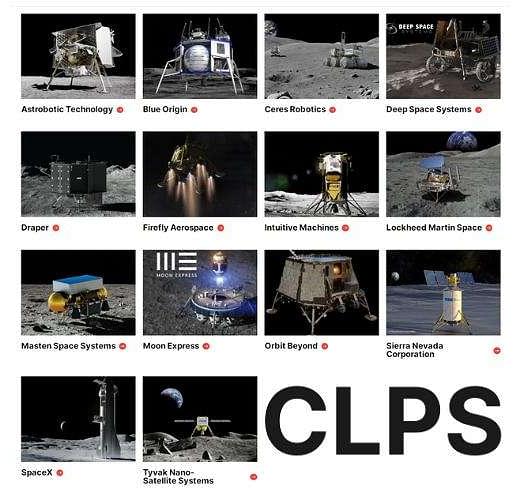
In 2024, space exploration dazzled the world. NASA’s Europa Clipper began its journey to study Jupiter’s moon Europa. SpaceX’s Starship achieved its first successful landing, a critical milestone for future deep space missions. China made From new commercial Moon landers to asteroid investigations, expect a slate of exciting space missions in 2025s with the Chang’e 6 mission, which successfully returned samples from the far side of the Moon. Meanwhile, the International Space Station continued to host international crews, including private missions like Axiom Mission 3.
As an aerospace engineer, I’m excited for 2025, when space agencies worldwide are gearing up for even more ambitious goals. Here’s a look at the most exciting missions planned for the coming year, which will expand humanity’s horizons even further, from the Moon and Mars to asteroids and beyond:

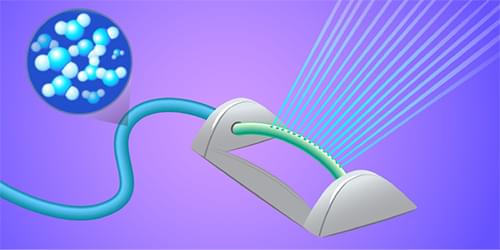
Simulations deliver hints on how the multiverse produced according to the many-worlds interpretation of quantum mechanics might be compatible with our stable, classical Universe.
We understand quantum mechanics well enough to make stunningly accurate predictions, ranging from atomic spectra to the structure of neutron stars, and to successfully exploit these predictions in devices such as lasers, MRI machines, and tunneling microscopes. Yet there is no generally accepted explanation of how the solid reality of such devices—or of objects such as cats, moons, and people—arise from a nebulous quantum wave in an abstract mathematical space. Some physicists prefer to ignore the problem, suggesting that we should just “shut up and calculate!” Others seek answers by modifying quantum theory in various ways or by searching for ways to explain how stable structures can emerge from quantum theory itself.
Science has been exceedingly successful. But can we account for the success and objects of science without Platonism? Dr. Scott Berman, author of “Platonism and the Objects of Science” (2020), doesn’t think so. (Enjoy the bonus soccer, too!)
Wanna get the newly-released paperback version of Scott’s book? Check out this link for 35% off!!! https://drive.google.com/file/d/1soJd…
Like the show? Help it grow! Consider becoming a patron (thanks!): / majestyofreason.
If you wanna make a one-time donation or tip (thanks!): https://www.paypal.com/paypalme/josep…
Scott’s (2020) book, “Platonism and the Objects of Science”, link: https://www.bloomsbury.com/us/platoni…
Question: joe, are you a platonist?
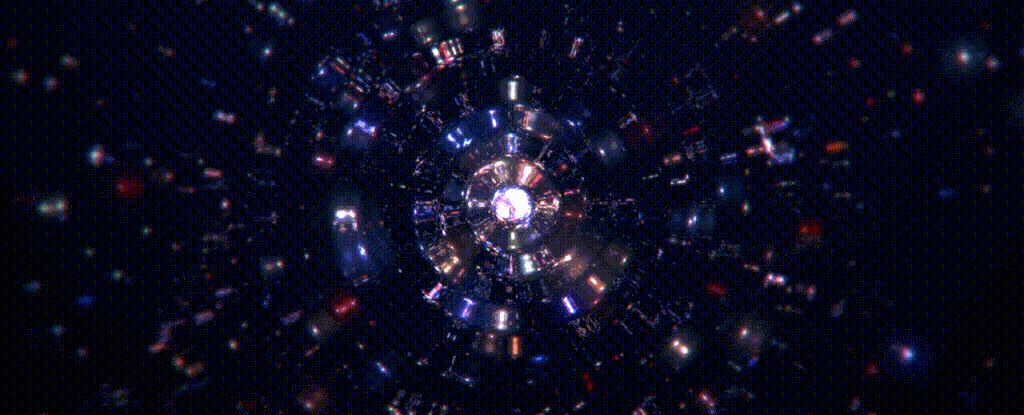
The quantum entanglement of particles is now an established art. You take two or more unmeasured particles and correlate them in such a way that their properties blur and mirror each other. Measure one and the other’s corresponding properties lock into place, instantaneously, even when separated by a wide distance.
In new research, physicists have theorized a bold way to change it up by entangling two particles of very different kinds – a unit of light, or a photon, with a phonon, the quantum equivalent of a wave of sound.
Physicists Changlong Zhu, Claudiu Genes, and Birgit Stiller of the Max Planck Institute for the Science of Light in Germany have called their proposed new system optoacoustic entanglement.
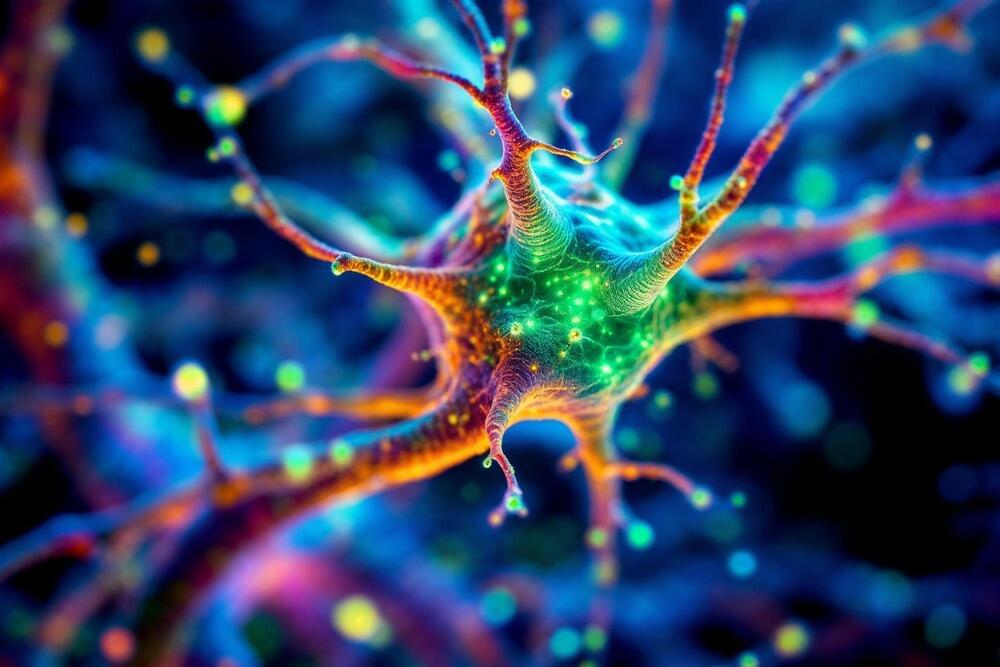
Researchers at the CUNY Graduate Center have made a groundbreaking discovery in Alzheimer’s disease research, identifying a critical link between cellular stress in the brain and disease progression.
Their study focuses on microglia, the brain’s immune cells, which play dual roles in either protecting or harming brain health. By targeting harmful microglia through specific pathways, this research opens new avenues for potentially reversing Alzheimer’s symptoms and providing hope for effective treatments.
Key cellular mechanism driving alzheimer’s disease identified.
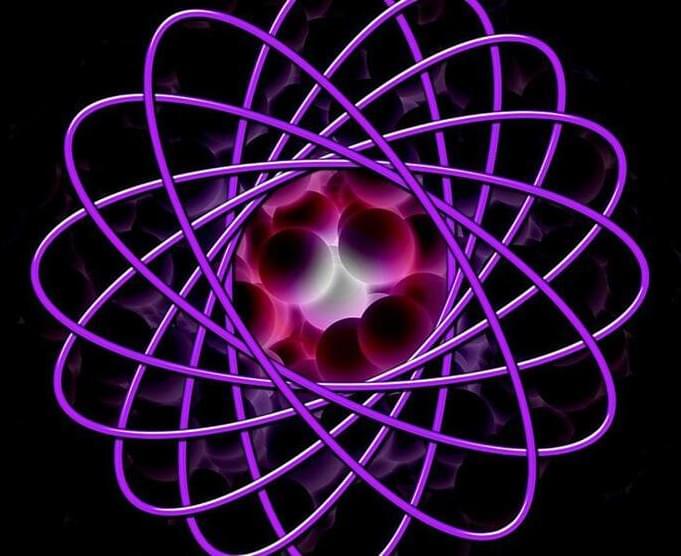
Scientists use cutting-edge techniques to study rare atomic systems called hypernuclei shedding light on subatomic forces and neutron stars.
Scientists have made an important discovery in the world of particle physics by exploring hypernuclei — rare, short-lived atomic systems that include mysterious particles known as hyperons. Unlike protons and neutrons composed of “up” and “down” quarks, which make up the nuclei of ordinary atoms, hyperons contain at least one “strange” quark. These unusual particles could help unravel mysteries not only about the interactions between subatomic particles but also about the extreme conditions inside neutron stars.
“It is extremely important to understand what happens when a nucleus becomes a hypernucleus, which means when one nucleon is replaced by a hyperon,” Jean-Marc Richard, a professor at the University of Lyon, who was not involved in the study, said in an email.

The study authors successfully developed quantum-grade bright fluorescent nanodiamonds. Now in order to use them for quantum sensing or bioimaging, one is required to study their spin states using optically detected magnetic resonance (ODMR).
ODMR is a method that combines light and microwaves to examine magnetic fields. Scientists first shine a light on materials like nanodiamonds and then apply microwaves, to see how the material reacts. By studying this interaction, they can detect tiny magnetic signals and understand the material’s magnetic properties such as spin.
To test the capabilities of their nanodiamonds, they introduced them into HeLa cells (human cells widely used by scientists for lab research experiments) and then employed ODMR to examine the spin. The NDs successfully detected slight temperature changes, which are nearly impossible to detect with existing technologies.